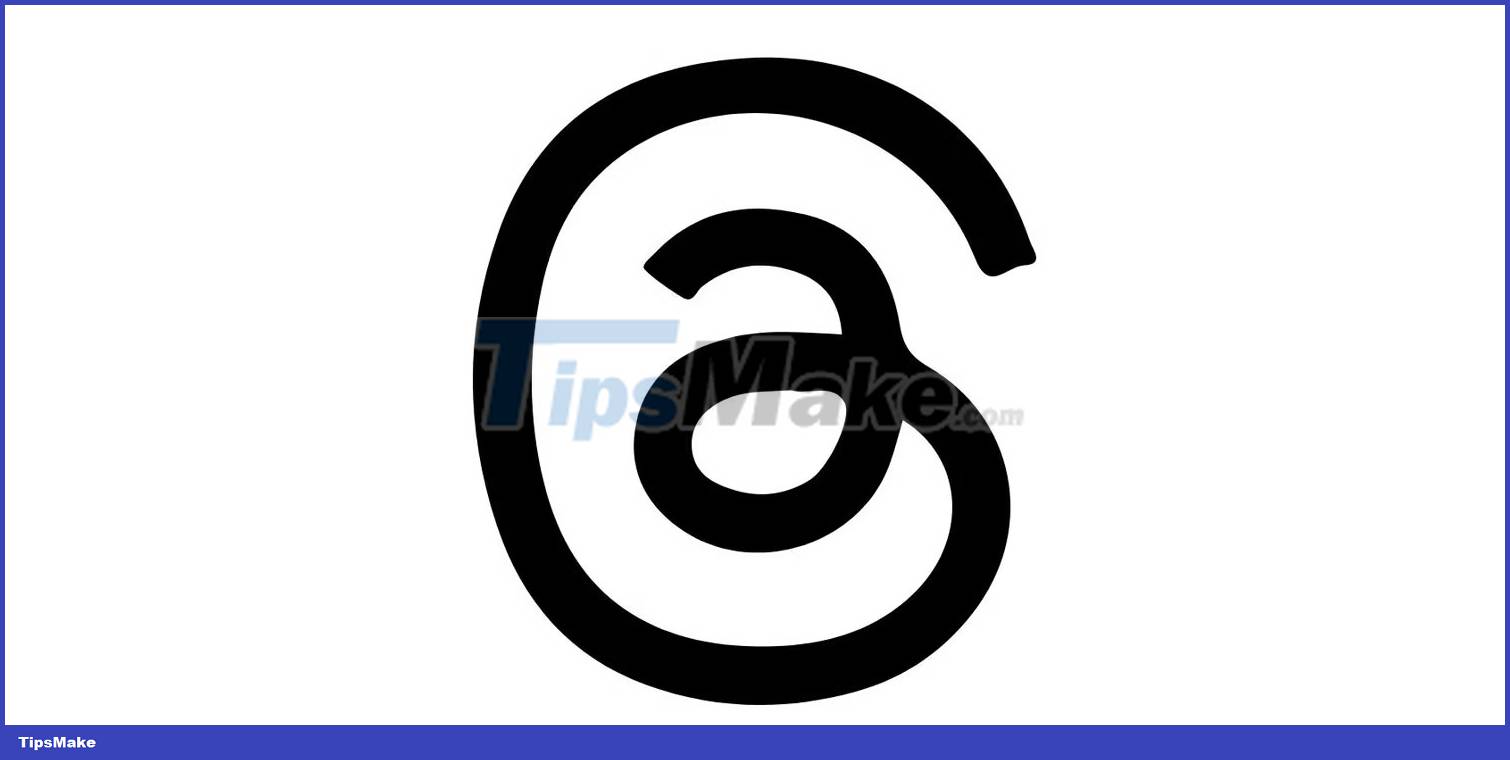Threads are safe? Here's everything you need to know!
But it looks like Twitter finally has a real competitor, called Threads. But what exactly are Threads? Is it safe and secure? Is privacy on this service guaranteed?
Is the Threads app secure?

Big tech products are inherently no more secure than apps created by indie developers and midsize companies. However, it cannot be denied that corporations like Meta have much larger budgets and therefore can afford what other companies cannot. Meta has extensive, dedicated cybersecurity teams, well-established security protocols, etc.
On the other hand, a product like Threads is bound to be more of an attack target than a lesser-known service. Therefore, it is not surprising that both Facebook and Instagram have suffered serious data breaches in the past. Similarly, small teams are often more focused on customer feedback, have quick support, and are forced to innovate and experiment.
More specifically, Meta says it limits physical access to its data centers and has strict controls in place. In addition, the company has all employees trained in security, conducts regular checks and maintains a vulnerability management program. The tech giant also has sophisticated incident response plans in place, as well as a bug bounty program that's active.
But Threads has a big security problem that really can't be solved: It caches user-generated content. Naturally, as a social networking platform, it allows users to upload videos and images, share links, etc. This means that nothing can really stop the attackers. threatened to post a phishing link and scam people.
Of course, all of today's social media have content filters, censors, and allow users to report others, but suspicious links still slip through the loop. And that's not the only thing the average user needs to worry about. It's almost certain that Threads will have to deal with a lot of spam, misinformation, fake news and the like.
Next is the issue of account security. Not everyone is careful or tech-savvy enough, so it's not uncommon for people to reuse old passwords, store their logins insecurely, and often behave in ways that make people feel uncomfortable. they are in danger. This means that account takeovers, whether through social engineering or another type of attack, are always a threat.
What information do Threads collect?
And now the most interesting part: Collecting data. To put it mildly, Meta doesn't have a good track record when it comes to respecting user privacy.
As mentioned earlier, Threads was launched in July 2023 in over 100 countries, but excluding European Union member states. In Europe, the launch was delayed due to data privacy concerns. As Meta spokeswoman Christine Pai told The Verge at the time, "regulatory uncertainty" is what makes Threads think twice about launching in the EU.
But what exactly is so scandalous about Meta's data collection practices? According to Time, Threads collects information about a user's device, search history, health, finances, etc. Needless to say, this data is used primarily to create ad campaigns. more personalized.
Data privacy experts Time spoke with expressed concern about Threads' data collection policy, but noted that this is not uncommon in the tech world and that Facebook, Twitter, and Instagram are not uncommon. do like that. All of these apps collect more information than they need to function, and likely won't stop doing so unless under intense regulatory pressure.
Threads can be a good alternative to Twitter, but not more secure
With Threads, as with other popular social networking platforms, it is the users themselves who must take appropriate measures and not engage in risky behavior. In addition, Threads also collects a huge amount of data, like most Meta products.
It remains to be seen whether Threads establishes itself as a serious alternative to Twitter, but there are other social networks vying for the spot. Substack Notes, Nettr, Clubhouse, etc., all leave their mark in the blog space. And some of these options really respect user privacy, while also taking security seriously.